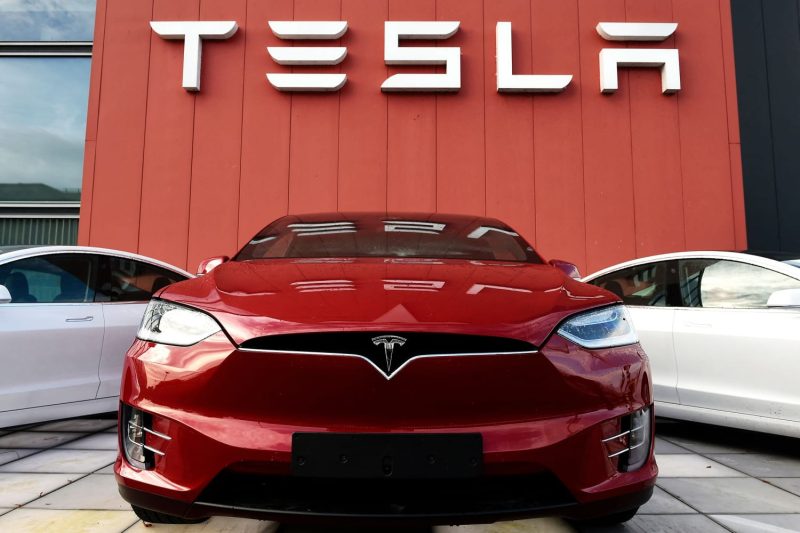
Tesla Announces Massive Recall of 125,227 Vehicles for Seat Belt Alert Issue
Tesla to Recall 125,227 Vehicles Over Faulty Seat Belt Warning System
The automotive industry was rocked by the announcement made by Tesla regarding the recall of 125,227 vehicles due to a faulty seat belt warning system. This issue has sparked concern among Tesla owners and industry experts alike, as it raises questions about the safety standards and quality control of one of the leading electric vehicle manufacturers.
The recall, which affects various models including the Model S, Model X, and Model Y, was initiated after Tesla identified a software glitch that was preventing the seat belt warning system from functioning properly. This system is designed to alert drivers and passengers when their seat belts are not fastened, thereby promoting safer driving habits and reducing the risk of injury in the event of a collision.
The implications of this recall are significant, as it not only affects a large number of vehicles but also calls into question Tesla’s commitment to prioritizing safety and quality control in its manufacturing processes. With the rise of electric vehicles and the increasing competition in the automotive industry, maintaining a stellar reputation for safety and reliability is crucial for Tesla’s continued success.
The recall underscores the importance of rigorous testing and quality assurance measures in the production of vehicles, especially as technology becomes increasingly integrated into modern cars. As automakers strive to innovate and incorporate advanced features into their vehicles, the potential for software glitches and technical issues also increases, highlighting the need for thorough testing and monitoring throughout the manufacturing process.
Tesla has assured customers that the software glitch will be addressed promptly through a software update, which can be installed remotely without the need for a physical visit to a service center. This approach reflects Tesla’s emphasis on leveraging over-the-air software updates to quickly resolve issues and improve the performance of its vehicles, a key advantage of its connected car technology.
Despite the swift response to the issue, the recall serves as a cautionary reminder for both Tesla and other automakers about the importance of proactive quality control measures to identify and address potential safety risks before they escalate. By prioritizing safety and continuous improvement in their manufacturing processes, automakers can build trust with consumers and uphold their reputation for producing reliable and durable vehicles.
In conclusion, the Tesla recall highlights the complex challenges faced by automakers in ensuring the safety and reliability of modern vehicles, particularly in the age of interconnected technology. As Tesla and other manufacturers continue to push the boundaries of innovation in electric vehicles, maintaining a strong focus on quality control and safety will be essential to building consumer trust and sustaining long-term success in the competitive automotive market.
